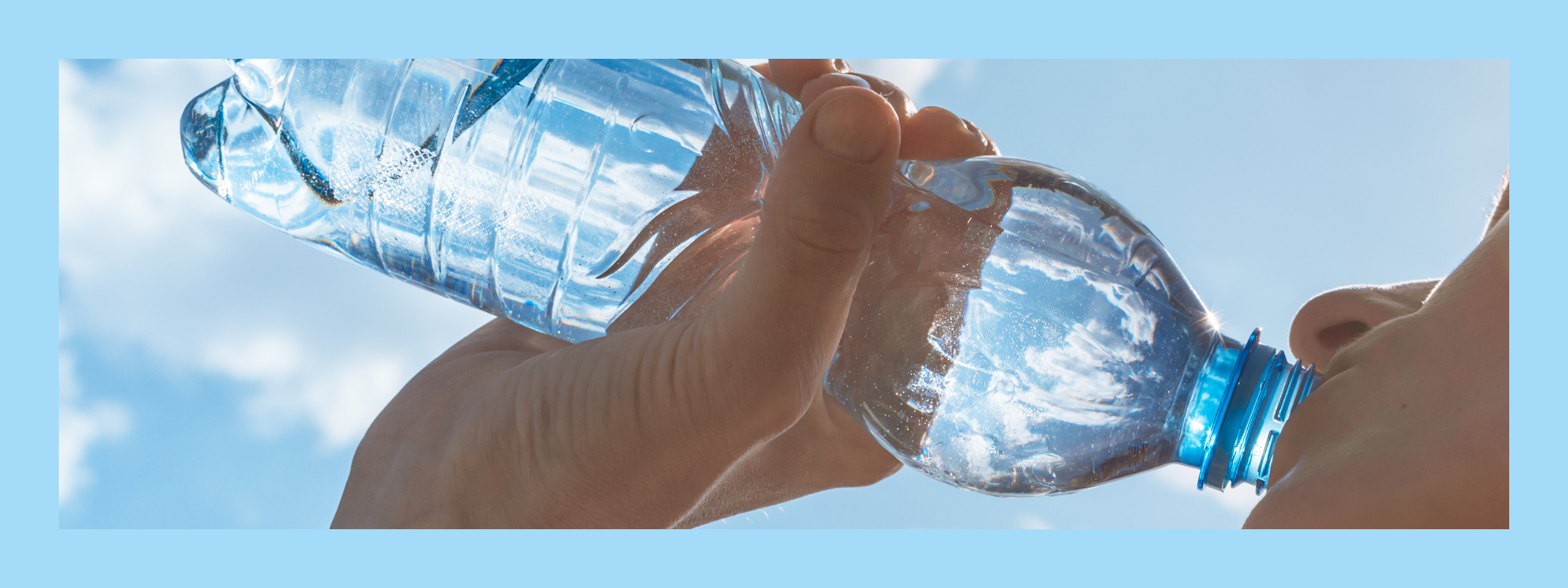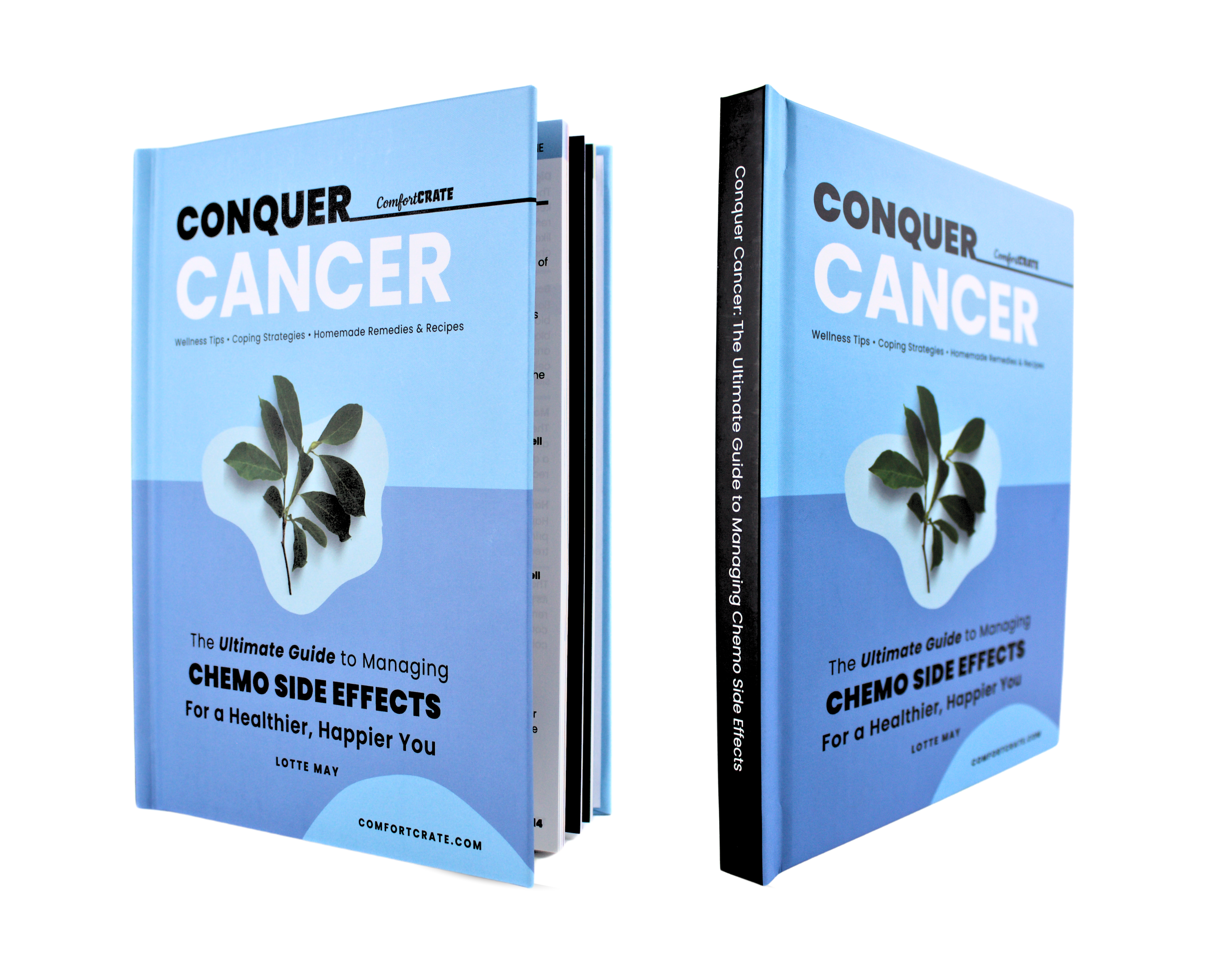
The importance of hydration
How important is hydration during cancer treatment?
As a result of vomiting, fevers, and a range of medications that cause excessive urination, dehydration is an unfortunate side effect of cancer treatment. Maintaining hydration throughout treatment is crucial, as it helps the body flush out toxins. Flushing out toxins reduces side effects and decreases the likelihood that treatment will be missed or delayed.
What are the benefits of staying hydrated?
- Regulates body temperature
- Keeps joints lubricated
- Prevents infections
- Delivers nutrients to cells
- Keeps organs functioning probably
- Improves sleep quality
- Improves cognition and mood
- Helps regulate heart rate and blood pressure
- Keeps skin healthy
Dehydration symptoms and why it is important to recognise them
The Loss of appetite and changes in taste are common symptoms that make maintaining adequate hydration difficult. Several chemotherapy drugs, for example, are designed to increase urination, so taking them may increase your risk of dehydration. You can prevent dehydration by recognising the signs of dehydration so that you do not suffer its consequences.
1. Mild
- Fatigue or exhaustion
- Weakness or light-headedness
- Dizziness or feeling faint
- Constipation
2. Moderate
- Dark yellow urine
- Decrease in urination
- Dry skin and lips
- Headaches
3. Severe
- Nausea and vomiting
- Extreme thirst
- Unable to sweat
- Disorientation or confusion
- Rapid heartbeat
- Low blood pressure
If I experience any symptoms, what should I do?
If you experience symptoms of dehydration, contact your care team immediately to prevent serious complications. Severe dehydration may require hospitalisation and treatment with IV fluids and electrolytes to restore the body’s fluid balance. But even mild dehydration may disrupt your cancer treatment plan, since some drugs can only be safely given if your body is adequately hydrated. If you’re able, increase your fluid intake a little bit at a time and keep track of what you’re drinking.
To rehydrate after being sick, follow these steps:
1. Once vomiting has stopped for an hour, try drinking 30ml of liquid every 20 minutes for one hour.
2. If you do not have any more vomiting, increase the amount to 240ml during the second hour.
3. When feeling better, try to begin eating soups, mild foods and plenty of liquids until symptoms are gone for 12 to 48 hours.
Does your water have a metallic taste?
In some cases, water has a metallic taste that can make keeping hydrated very difficult, but there are a variety of ways to enhance the taste during treatment. If you wish to give your water a subtle flavour, consider adding fresh ginger, mint, cucumber or citrus slices, berries or a splash of fruit juice. Some of the fluid you need is provided by foods, such as soups, stews, fruits, vegetables, and even yoghurts, in addition to drinks.
Mixing up your routine with a variety of beverages can also help stop you making a negative response to particular drinks to decrease nausea. Sparkling water, smoothies, juices, milk, tea and even coffee count toward your daily fluid goal. It’s important to limit caffeine and alcohol though, as this may increase urination and loss of sodium, making it more difficult to keep your body hydrated.
How to keep hydrated throughout the day:
1. Start when you wake up
Your body needs rehydrating after 6-8 hours of sleep.
2. Reusable water bottle
This makes it easier to drink sips throughout the day instead of trying to chug large amounts before bedtime, which can disrupt sleep.
3. Full a jug with your daily consumption
Keep it in your fridge or near you as a reminder.
4. Use a filtered water jug or filter
Filters may improve the taste of tap water by reducing chlorine and other minerals.
5. Track your intake
Tracking your fluid intake with a log is a great way to make sure you are meeting your needs.
6. Make it a habit
Make it a habit to drink at least ten 8-ounce (240ml) glasses of fluid every day.
7. Suck on ice
If drinking or eating isn't appealing, try sucking on ice cubes or lollies.
8. Try a range of food
Watermelon, grapes, cucumber, oranges and strawberries are easier to eat when feeling sick.
For more safety tips read - 'Chemotherapy Safety in the Home'











Leave a comment
This site is protected by hCaptcha and the hCaptcha Privacy Policy and Terms of Service apply.